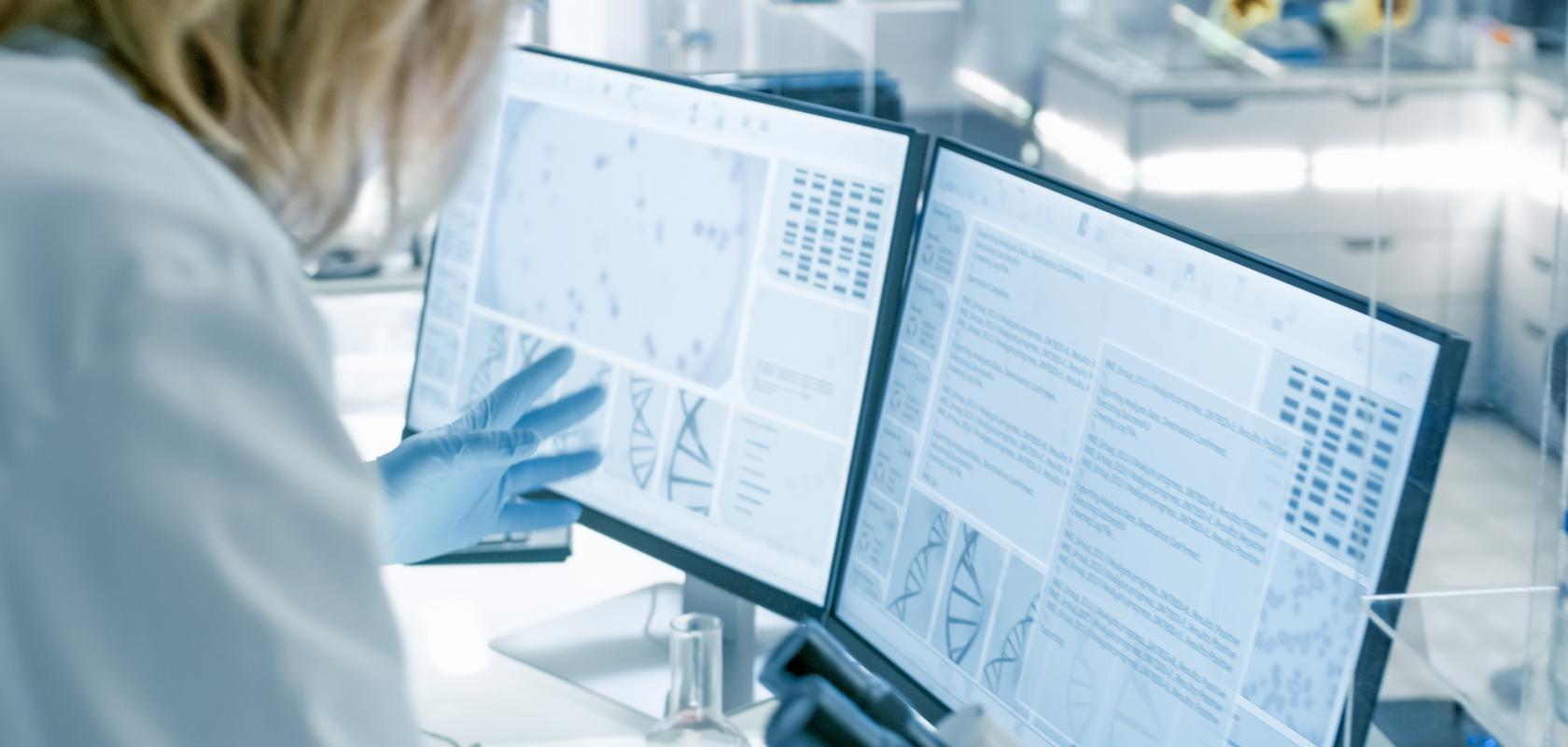A new study by Iris.ai has revealed that 66% of researchers say they feel overwhelmed by the volume of published research they must review. The survey polled 500 corporate research professionals working across chemistry, material science, food production, and more, with these challenges spanning different sectors and levels of seniority.
This study shows that, as the number of published studies, papers, and data grows, so too does the time commitment required from researchers. Of those surveyed, 69% spend at least 3 hours per week reviewing documents: including journal articles, conference papers, and reports. 19% of respondents indicated they spend over 5 hours per week reading information just to stay up to date in their field.
Iris.ai’s research found that, even with the clear need for more efficient methods of research, only 55% of researchers are currently using AI tools as part of their role. Of those researchers using AI, 56% are seeing time savings of at least 2 hours a week, including 15% who are saving over 5 hours per week.
Only 22% of those surveyed trust AI tools such as ChatGPT to summarise scientific knowledge. Despite this, 84% are still using OpenAI’s flagship application as the primary AI tool to support their research, suggesting there is a severe lack of suitable purpose-built alternatives that generate trustworthy results.
Of the researchers surveyed currently using AI, the most common use cases are:
- Using a chat-based tool to ask questions (16%)
- Summarising individual papers (12%)
- Optimising searches (12%)
- Extracting knowledge from bodies of research (12%)
"This data confirms that researchers across fields are forced to spend more time passively reading content and less time on high-value tasks like experimentation, analysis, and developing new hypotheses," said Anita Schjøll Abildgaard, CEO and Co-Founder of Iris.ai.
"Without the means to explore these huge content libraries, critical research will continue to be delayed," Abildgaard continued. "This holds back scientific breakthroughs and hinders progress on sustainable development goals - from food and clean water to health and renewable energy.
"AI is no longer a 'nice to have' for researchers - it's a must-have to remain competitive and achieve breakthroughs. The future of innovation depends on equipping researchers with the tools they need to think deeply, rather than just read widely."


